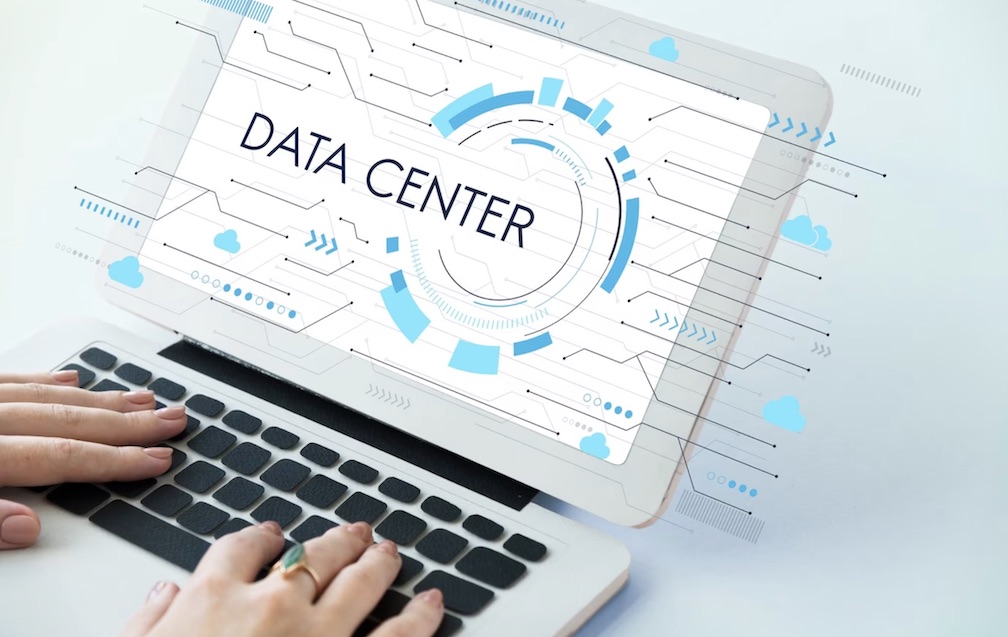Take Advantage of Cloud Accounting Software to Unlock Maximum Efficiency
- Written by The Times

In today's fast-paced business environment, it's critical to have access to real-time financial information. A cloud accounting solution provides a cost-effective, secure, and efficient way to manage your business's financial activities, regardless of location. This type of software offers numerous benefits and capabilities, ranging from basic bookkeeping to advanced financial reporting. It simplifies the process of tracking expenses, managing customer payments, creating reports, and more.
However, cloud accounting software does come with a few drawbacks that should be taken into consideration before making a decision to implement such a system. The top cloud accounting software helps businesses track their income and expenses, manage payroll and tax payments, and produce reports to get a better understanding of their overall financial health. In this article, we will discuss the advantages and disadvantages of cloud accounting software.
Advantages of Using Cloud Accounting Software
Increased Security and Reliability: With cloud accounting, your financial information is stored on a secure cloud server, providing protection against potential hackers or malicious attacks. Regular backups and automatic updates ensure that your data is always secure and up-to-date, no matter which device you use to access it.
Cost Savings: Cloud computing eliminates the need for expensive in-house hardware or dedicated IT, staff, providing businesses with cost savings on IT costs while still gaining access to advanced tools like analytics and reporting. Many online providers offer subscription plans with no upfront costs or hidden fees, so you only pay for what you use when you need it, without any long-term commitments.
Accessibility and Mobility: With cloud accounting, users can access their financial information anytime, anywhere with an internet connection, making it easier to collaborate with colleagues or monitor finances remotely. This feature makes running a business from anywhere in the world easier than ever before.
Automation and Efficiency Improvements: Cloud accounting software automates many processes, such as data entry, and eliminates manual tasks, saving time and improving efficiency.
Disadvantages of Using Cloud Accounting Software
Data Storage Limitations: Depending on the size and complexity of your business operations, you may find that the cloud doesn't have enough storage space for all your financial records. This can be particularly problematic if you're dealing with large amounts of data or transferring historical information from another system into your new one.
Dependency on Internet Connectivity: Cloud accounting systems rely heavily on reliable internet connectivity to function properly. If there is any disruption in internet service or if your connection goes down, it will cause problems when trying to access or update financial information within the system.
Lack of Customization Options: Cloud accounting systems typically offer limited customization options compared to desktop versions, which can be a problem if you require more specific functionality from your software package than what's provided out of the box.
Limited User Support in Some Cases: Some cloud accounting systems may offer limited user support, which can be an issue if you need help with a technical issue or have questions about how to use the software.

















